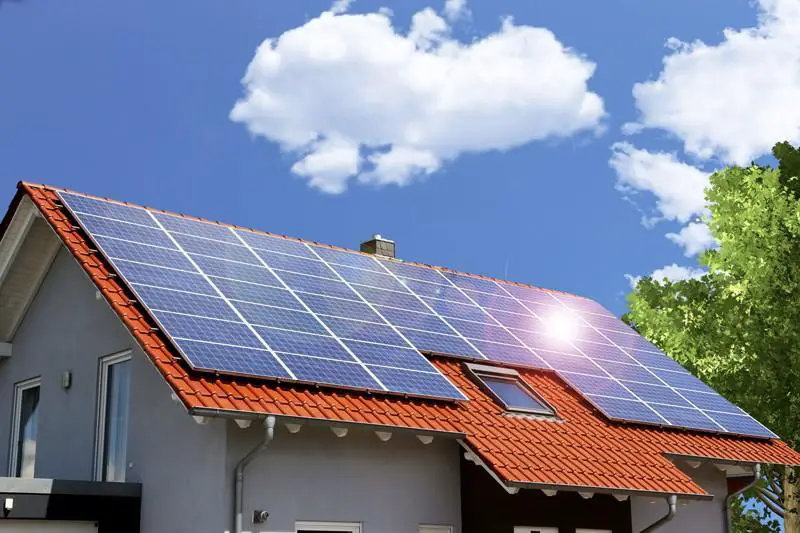The World Bank approved two grants worth $160 million from the International Development Association (IDA) to help Burundi improve essential services through solar power and local development in rural and remote areas.
Solar Energy in Local Communities (SOLEIL) will get $100 million in subsidies which aims to increase access to energy in Burundi by almost 100 per cent by electrifying schools, businesses, families and centres of the less privileged communities in the country.
More than 91,000 households, 4,000 SMEs, 400 health centres and 500 schools will have access to electricity all du to solar energy. 400 schools and 300,000 households will also have ecological fireplaces.
The remaining $60 million from the IDA will go to Integrated Community Development. The project will improve access to basic services and economic opportunities and nutrition for the less privileged populations in the country, including refugees. The project will also allow the creation of 1,000 micro-enterprises and the training of 8,000 people in healthy nutrition.
About 73 per cent of Burundi citizens live in poverty and only one in 10 people have access to electricity. This electrification figure drops to only 2 per cent in rural areas.
Also Read: Uganda’s economy must grow faster- World Bank.
Access to basic services and infrastructure such as healthcare centres, roads, schools and electricity remain a major barrier to economic opportunities. In addition, Burundi is host to more than 85,000 refugees.
“Through these projects, we will help improve the livelihood of Burundians living in rural areas and strengthen human capital. It will help build small infrastructures such as schools, health centres and roads as a lifeline for rural communities, improve nutrition and expand access to solar electricity,” said Jean-Christophe Carret, World Bank Country Director.
The SOLEIL project grant will almost double the rate of electricity access in the country by expanding access to rural communities.
This will, in turn, improve the quality of health and education services delivered in rural areas and will provide about 17MW of renewable generation capacity.
The project will also provide training on female entrepreneurship and women’s employment as well as strengthen policies and regulations to attract private sector participation in the provision of off-grid energy services.
